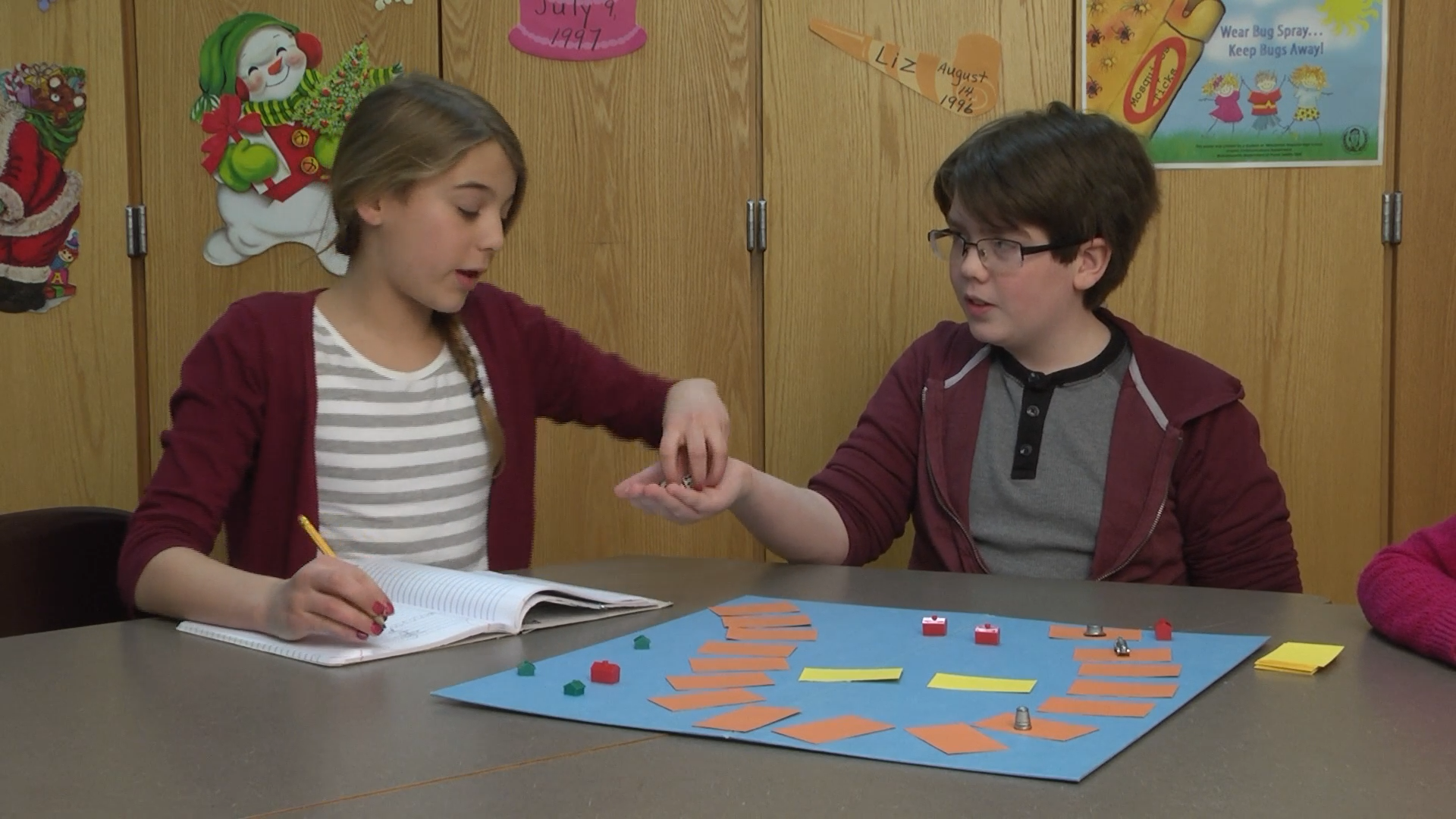Introduction
When students are in a group, whether it’s with friends or in a classroom setting, it’s crucial for them to stay engaged and follow the group. This involves maintaining their body, eyes, and ears within the group. By doing so, they can effectively communicate, collaborate, and prevent misunderstandings. In this blog post, we will discuss the significance of staying engaged in a group, present a no-prep activity for educators, and provide discussion questions to further explore this topic.
No-Prep Activity: “Group Charades”
This simple activity requires no preparation or materials, making it easy for educators to implement in their classrooms. Here’s how to play “Group Charades”:
- Divide the students into small groups of 4-6 members.
- Each group selects a volunteer who will act out a word or phrase without speaking.
- The rest of the group members must guess the word or phrase while paying close attention to the volunteer’s actions.
- Encourage the students to keep their eyes, ears, and body within the group to understand the volunteer’s actions better.
- Once the word or phrase has been guessed, another student takes on the role of the volunteer, and the game continues.
This activity helps students practice staying engaged in a group by encouraging them to maintain their focus and attention on their peers.
Discussion Questions
Use the following questions to stimulate further discussions about the importance of staying engaged in a group:
- Why is it essential to keep our eyes, ears, and body in a group?
- How do you feel when someone in your group isn’t paying attention?
- What strategies can you use to stay focused and engaged in a group setting?
- How can staying engaged in a group help improve communication and collaboration?
- What challenges might you face when trying to stay engaged in a group, and how can you overcome them?
Related Skills
Staying engaged in a group is just one aspect of effective communication and collaboration. Other relevant skills for students include:
- Active listening
- Empathy and understanding others’ perspectives
- Asking for clarification when needed
- Participating in group discussions and sharing ideas
- Respecting and valuing diverse opinions
Next Steps
Now that you understand the importance of staying engaged in a group and have explored an easy-to-implement activity, it’s time to put these concepts into practice. To access more resources and sample materials related to this skill and others, sign up for free samples at Everyday Speech. These resources will provide you with additional tools to help your students develop essential social-emotional skills.






